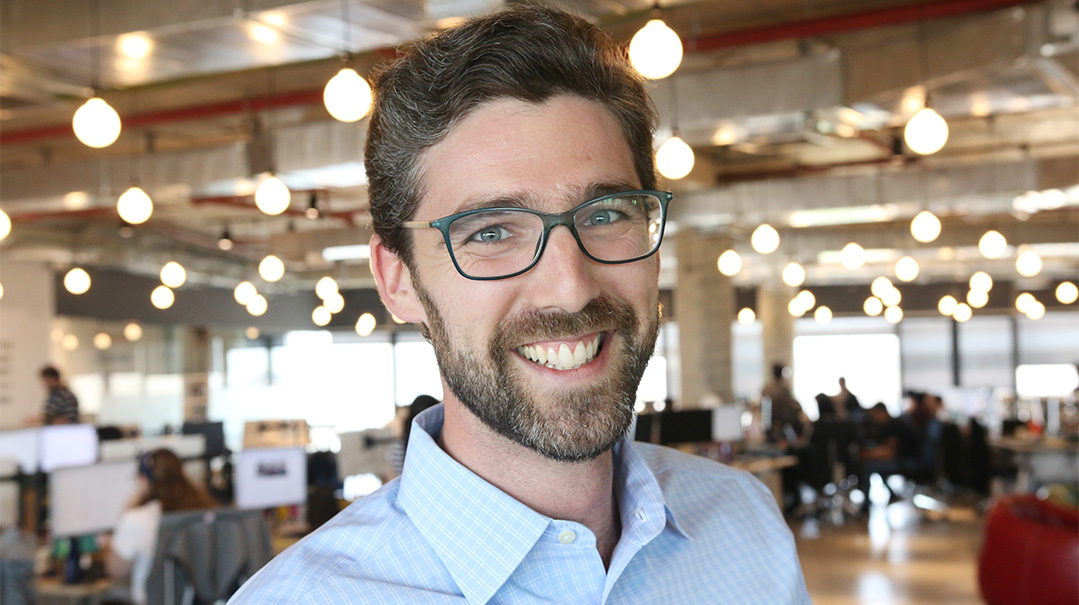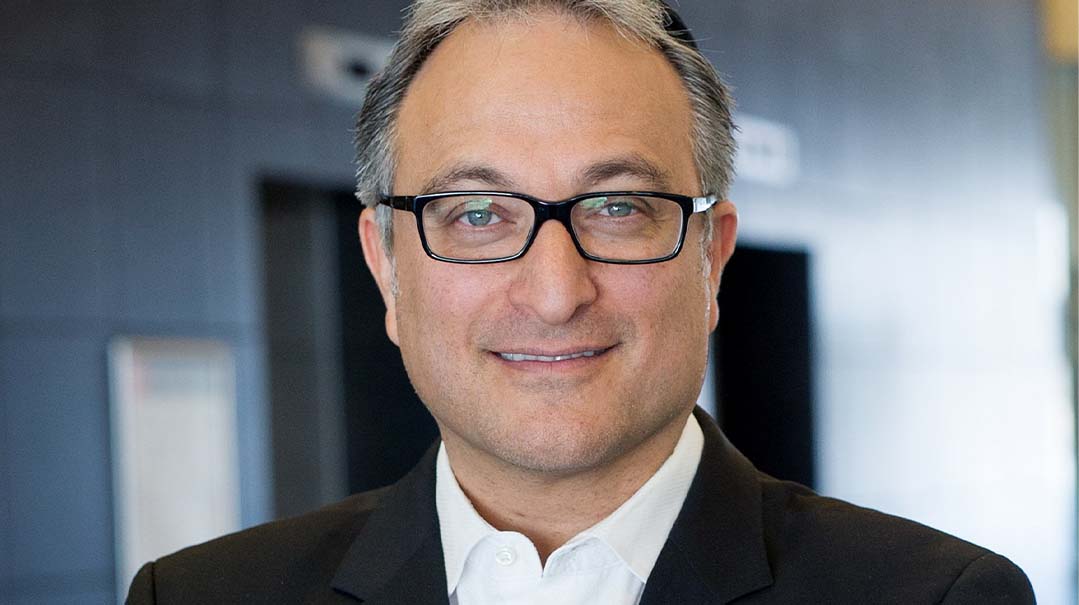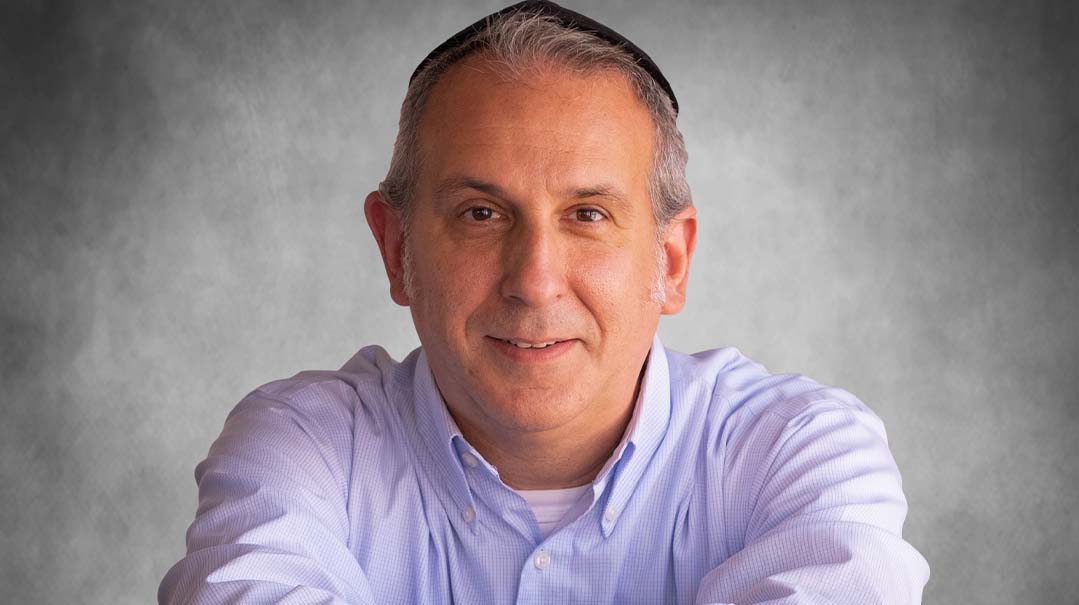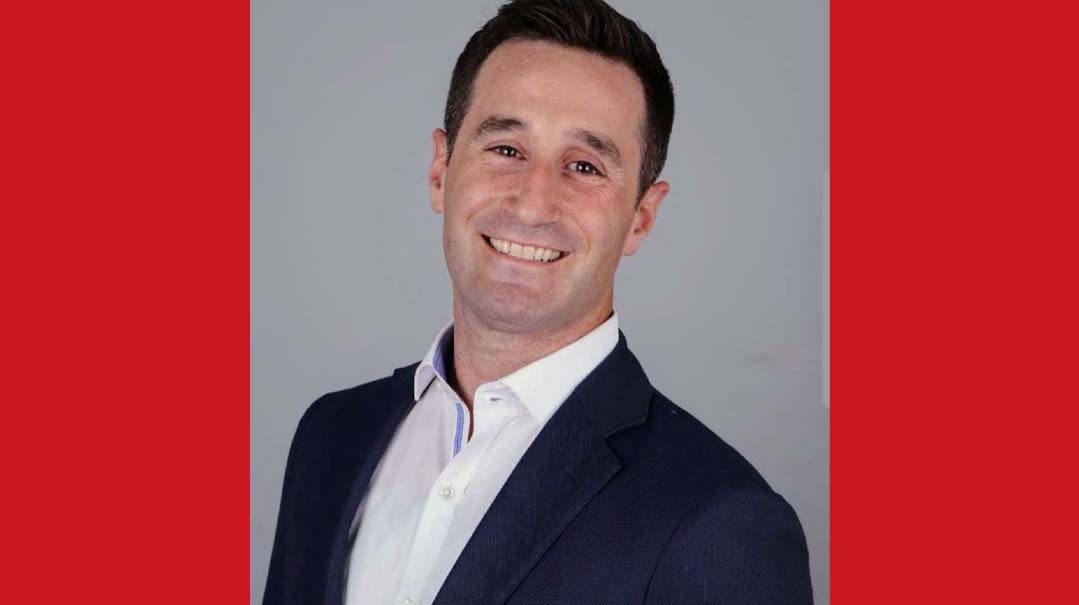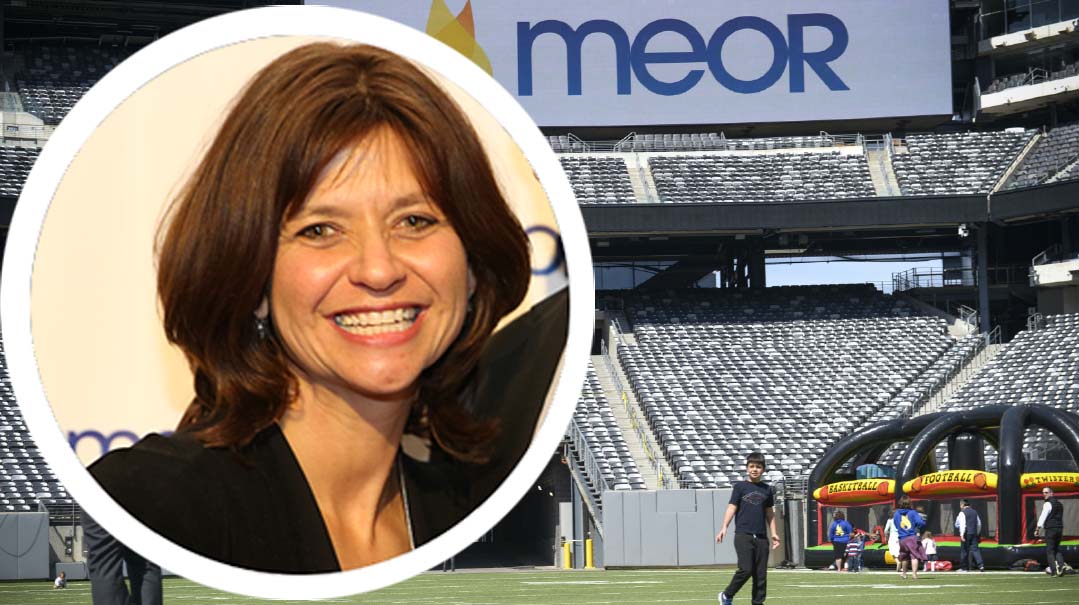Work/Life Solutions with Chedva Kleinhandler

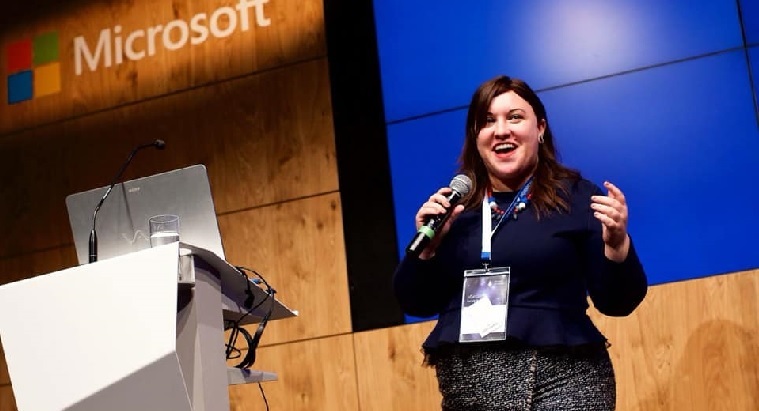
Who
Chedva Kleinhandler, cofounder and CEO of Emerj, is one of Israel’s top-rated women in business (Globes) and one of the most influential female chareidi entrepreneurs in the world. She has been featured on numerous media outlets, including the BBC, Wired, and Huffington Post.
What
Emerj is a platform businesses pay for to connect their employees with corporate mentors within the same organization. And although Emerj launched recently — in 2016 — their clients, investors, and advisors include some of the top names in the industry. Emerj works with Fortune 500 companies in tech and finance in the US and the UK.
Where
Born in Brooklyn, New York, Chedva moved with her family to Bnei Brak when she was just four years old. She still lives in Bnei Brak with her husband and son but travels often to New York and Los Angeles, where many of her business partners are based.
Why From being derided as the “bald girl” as a young kid with alopecia to becoming one of Israel’s preeminent female entrepreneurs, Chedva’s story is truly remarkable. Not only did she emerge from her adversity as proudly frum, but she also leveraged her unique experience to shape the vision of her newest start-up, Emerj. One more thing: I’ve always been impressed with Chedva’s unapologetic confidence regarding her chareidi attire and conduct — and that’s something we can all learn from.
1 of 9 What opportunities or personalities played a role in your career?
From a young age, I was blessed to have inspiring, confident, and opinionated female role models. While I grew up in Israel, I spent many summers with my grandparents in Flatbush, where I had the unique opportunity to observe my grandmother. She was always hosting Jewish families that came to New York for medical treatment, going out of her way to make everything perfect to facilitate a healing environment.
None of these guests would’ve ever believed that after my grandmother dropped them off at the hospital, she headed inside for her own treatment. Cancer plagued her for 20 years, but she never let it get in the way of her family or chesed. She was the model of a powerful woman: strong, opinionated, and cultured, while also a tzadeikes with amazing yiras Shamayim.
I’ve been fortunate to see this same collection of strengths repeat in women in my life, including my mother and teachers in school. Moreover, in business, I’ve had the benefit of female mentors that are truly inspiring. Two in particular are known for being industry leaders: Fiona Darmon, general partner at leading venture capital fund JVP and Adi Soffer Teeni, the general manager of Facebook Israel. While I long admired them for their achievements, I could never have imagined how supportive and warm they’d be on a personal level. I’m lucky to have their guidance and mentorship.
2 of 9 Which three character traits have played a key role in your career path?
When I was seven years old, my hair started falling out. It was alopecia, an autoimmune condition that usually results in permanent hair loss, as in my case. In many ways, this experience set my life on the course for entrepreneurship. Looking different in a Bais Yaakov school in Bnei Brak made me stronger; I embraced being the “different one.” I learned to differentiate myself with the things I was passionate about, such as writing and directing camp plays and editing the school paper, rather than externals — being “the bald girl.”
I was also forced to look beyond the shiny exterior of the popular girls who mocked me and wouldn’t play with me. I learned the power of consulting and befriending my teachers, who saw value elsewhere. And I spent most of my time with books and learned to appreciate people with substance. I honed my radar for dishonesty and shallowness out of necessity; that comes in handy every single day as a CEO.
These traits helped me immensely when starting my first business at age 21 and then in launching Emerj a few years ago. As an entrepreneur, I often need to cut through the noise and focus on the right perspective. I need to see things from high level in order to lead; I need to distinguish the right people to partner with, including employees and investors; and I need to recognize honesty.
That includes being honest with myself. It’s not enough for me to be hardworking; I also need to have vision. I need to understand what kind of company I’m setting out to build, what kind of culture I’d like to create, and what kind of impact I want to have on the world.
Beyond all that, having compassion led me to support other entrepreneurs. One of my favorite things is mentoring others — I always learn so much. And that passion eventually led to building my newest company, Emerj, a platform for employee mentoring and knowledge-sharing inside organizations.
Finally, even though I grew up as a chareidi girl in Bnei Brak, being different helped me connect with people very different from me. My team at Emerj is a wonderful example: the CTO is an atheist Israeli, the COO is an American-lawyer-turned-Fortune-500 consultant who recently made aliyah, the product manager is a Tel Aviv resident who personifies the start-up culture, the customer success manager formerly owned a fashion brand, and two software developers are Christian. Beneath all those definitions, however, we focus on our commonalities: We’re honest, passionate people who wake up every morning and want to change the world of work through the platform we’re building.
4 of 9 What was your most resounding failure? What did you take away from that experience?
Failures are our compass to success. For me, I failed in finding enough work as a freelance book translator in 2008. But that led me to become a blogger, which gave me my start in digital marketing — my parnassah for five years.
At my marketing agency, a client once asked me to organize a designer fair. Though I had just one week and 1,000 shekels, the event was an amazing success: I got leading lifestyle bloggers to write about us, and we were sold out on the first night of two. Designers had to bring more inventory for the second day!
With that in mind, I set out to create a better-planned event geared toward Rosh Hashanah. Bigger budget, more name recognition — what could go wrong? A lot, apparently.
The event space was empty, and the designers were disappointed, and I felt not only disappointed but guilty about failing. (In hindsight, I should have understood that failures are part of the deal — afilu sefer Torah she’baheichal tzarich mazal, even a Torah in the Aron Hakodesh needs mazel). But that event was where I met one of my favorite would-be clients, who saw how hard I worked to rectify the situation.
If you reflect correctly after you fail, or maybe even while you’re failing, it leads to a better idea, a pivot, or a complete change of direction — and that’s a blessing.
5 of 9 If you were granted an extra three hours per day or a spare million dollars, what would you do with that time or money?
I travel a lot for work, as my clients and many of my investors are headquartered in the US, so if I had extra hours in my day, I would undoubtedly spend more time with my husband, our 12-year-old son, and my little sisters.
8 of 9 Can you share a time when you had to navigate the tension between your deepest values and the business world?
There are many, but I’ll point out one: the time when a popular Israeli TV show that airs on Friday night asked to profile Emerj. Although I knew that it would bring us immense opportunities, I immediately turned them down. They kept pushing, bringing up examples of other observant Jews who appeared on the show, but for me, turning them down felt like a relief.
The tech world is very secular. Even though people are considerate, a lot of informal meetings are naturally scheduled for the weekend and many people close deals over drinks. But just like with the TV show, whenever I turn down an opportunity because I’m staying true to my values, I don’t feel like I’m losing out.
That said, those situations are never easy… but hey, where’s the fun in doing only easy things?
9 of 9 If you were advising a young man/woman hoping to launch a career as an entrepreneur, which “do’s” and “don’ts” would you share?
- I was once asked, “How can a religious person be an entrepreneur?” My answer is that religious entrepreneurs have an advantage: They’ve practiced faith all their lives. They see past the hurdles and know they’re not alone in this journey. Believing in Hashem doesn’t mean they work any less; rather, it means they understand that many things are beyond their control. It’s all up to Hashem, and you pray to Him to take care of them and help you put more good into the world.
- It’s going to be way harder than you anticipate. And that’s okay. If you believe that the product you’re creating will make the world a better place, if you can conduct yourself and your company in a way that will increase kiddush Hashem, and if you can hire great people and help them earn their living in a positive environment — it’s well worth it. That’s the greatest joy.
(Originally featured in Mishpacha, Issue 748)
Oops! We could not locate your form.







